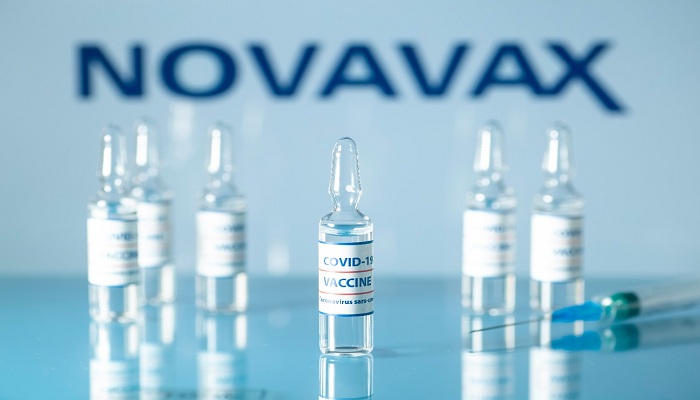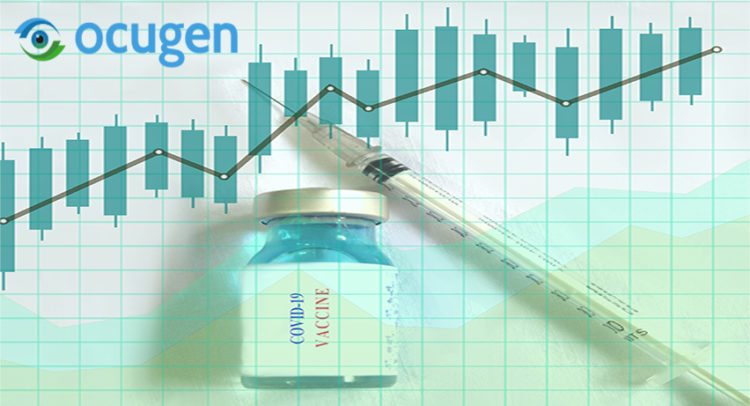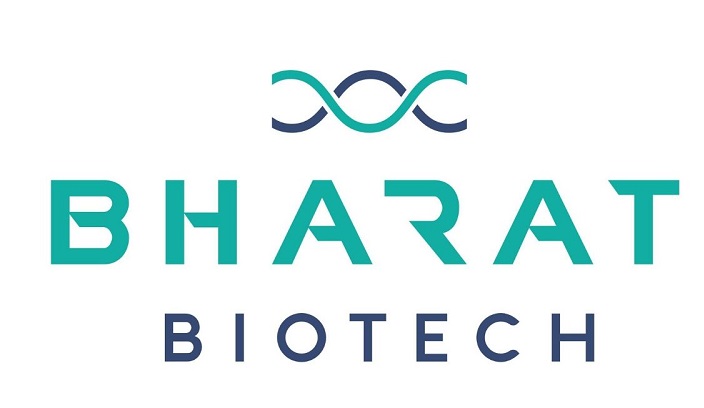On Wednesday, an expert panel of the India’s central drug authority recommended against granting permission to the Serum Institute of India (SII) to conduct the phase 2/3 trial of Covid-19 vaccine Covovax on children aged two to 17 years.
Serum Institute had applied to the Drugs Controller General of India (DCGI) on Monday seeking permission for conducting a trial of Covovax on 920 children, 460 each in the 12-17 and 2-11 age groups, at 10 sites.
Subject Expert Committee of the Central Drugs Standard Control Organisation denied the permission saying that Covovax has not been approved in any country. SII is currently carrying out trials on adults. The Pune-based drug-maker has been asked to submit the safety and immunogenicity data (of Covovax) from the ongoing clinical trial in adults before proceeding with the trials on children.
Also See: Are Covid vaccines magnetic? Facts you should know related to coronavirus
A source with knowledge over the issue stated, “The SEC on Covid-19 of the Central Drugs Standard Control Organisation (CDSCO), which deliberated on the application, noted that the vaccine has not been approved in any country.”
The source also added, “It also recommended that the Pune-based company should submit the safety and immunogenicity data (of Covovax) from the ongoing clinical trial in adults for considering the conduct of a clinical trial in children.”
Also See: New mutants of Coronavirus
Last month Novavax had announced that NVX-CoV2373 demonstrated 100% protection against moderate and severe disease, and 90.4% overall efficacy, in its Phase 3 trial.
Covovax would have been the third vaccine to be tested on children in the country after Bharat Biotech’s Covaxin and Zydus Cadilla’s ZyCov-D, if approved.
Serum Institute has tied up with US biotechnology company Novavax to locally manufacture NVX-CoV2373 under the brand name Covovax.
The clinical trials of Covovax began in India in March. SII-CEO Adar Poonawalla had earlier said that the vaccine could be launched in India by September for adults.
Poonawalla later said in a post on Twitter, “Excited to witness the first batch of Covovax (developed by @Novavax) being manufactured this week at our facility in Pune. The vaccine has great potential to protect our future generations below the age of 18. Trials are ongoing. Well done team @seruminstindia!”
Novovax had carried out its phase 3 trials in US and Mexico. In June, in an interim analysis from its phase 3 trial on 29,960 participants in the US and Mexico, the drug-maker reported an efficacy of 90.4%.
Also Read: Indemnity from liability to be granted to vaccine manufacturers like Pfizer and Moderna
Novovax also showed that the vaccine had an efficacy of 100% in preventing people from getting moderate and severe diseases.
Its vaccine is based on a recombinant protein technology. This approach is also being used in the candidate developed by Sanofi and GlaxoSmithKline Plc. The Pune-based drug-maker started “at-risk” production of the vaccine in small quantities last month. Because of the significant financial risk taken by the company, the production is termed as“at-risk”.
Till now, a total of four vaccines have been cleared by the Indian government. They are Bharat Biotech’s Covaxin, the SII’s Covishield, Russia’s Sputnik V and the one manufactured by Moderna (sold under the brand name ‘Spikevax’ in the US).
The Pune based drug-maker had rolled out Covishield vaccine in the country in January. It had entered into a collaboration with AstraZeneca and the University of Oxford to manufacture the vaccine.




